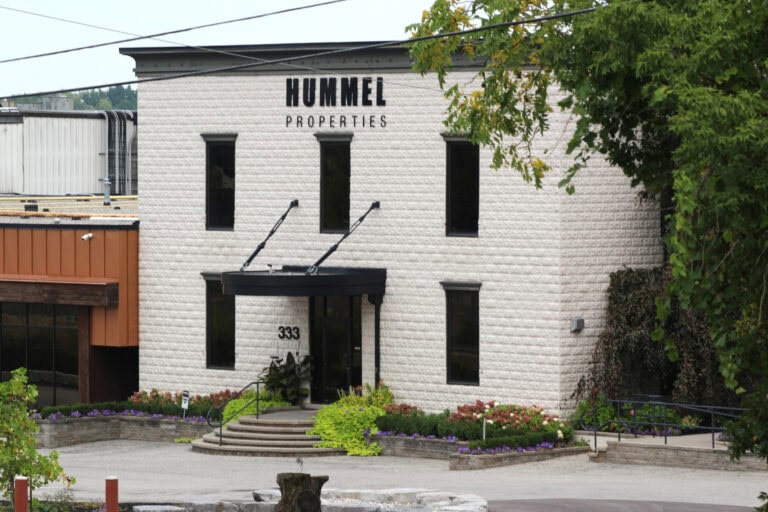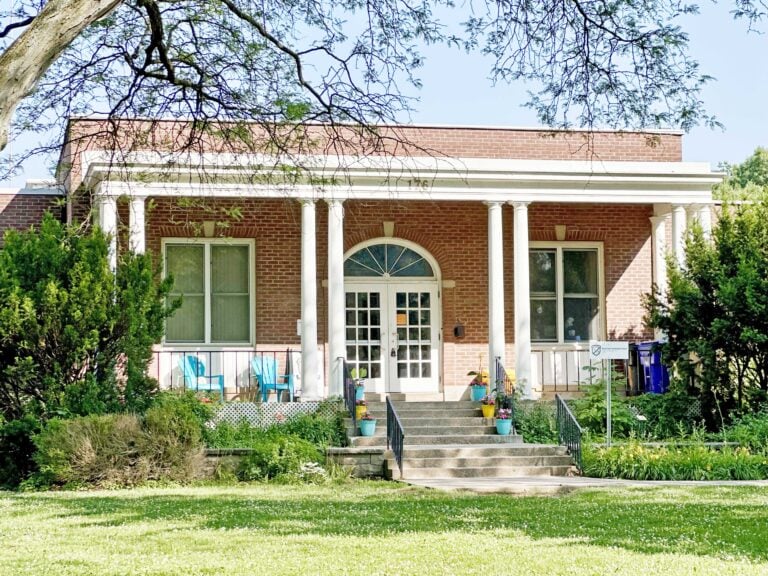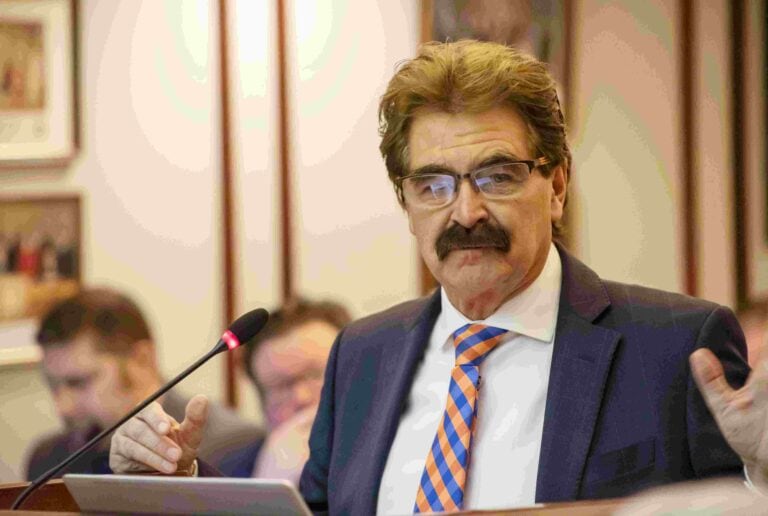Dear editor:
I find it interesting that the only reported focus of Niagara-on-the-Lake town council in reviewing the 2020 budget was pruning expenses to reduce an estimated 9.48 per cent tax increase for the coming year.
Town revenue should not be totally based on resident assessment.
This town has a significant tourist industry, supported by the town in providing parks, floral maintenance, parking and conveniences for short-term visitors at a cost of probably over $500,000.
The beneficiary of the tourist activity is primarily secured by the Queen Street businesses and landlords. Why not make charges directly to these visitors to offset those expenses?
There is considerable idle unused land in and around Old Town, some owned by the town, which could be used for additional parking, with a shuttle service where necessary, which could charge a fee of at least $10 per day.
Parking in Old Town, three blocks on either side of commercial Queen Street, should be at a convenience premium cost to discourage overuse.
Four- or five-hour resident parking permits around the golf course ($100 per annum) would reflect actual use required by players and one-hour permits could be continued but at a cost of $40 per annum.
Town provision of concessions in the parks (both Simcoe and Queen’s Royal) could increase visitor enjoyment, create student employment and provide meaningful profits to offset maintenance costs of those well-used tourist locations.
As well, the town should charge a modest levy on overnight visitors to Old Town hotels, B&Bs and private home short-term rentals to recover promotional expenses.
The municipality also could require a contribution from the Chamber of Commerce and its members to offset some of the costs of servicing the 3 million tourists who visit Niagara-on-the-Lake annually.
The budgetary aim should be to have income and expenses related to tourism in balance so that the assessments on residents relate only to the services provided for their benefit.
Martin Richardson
NOTL









